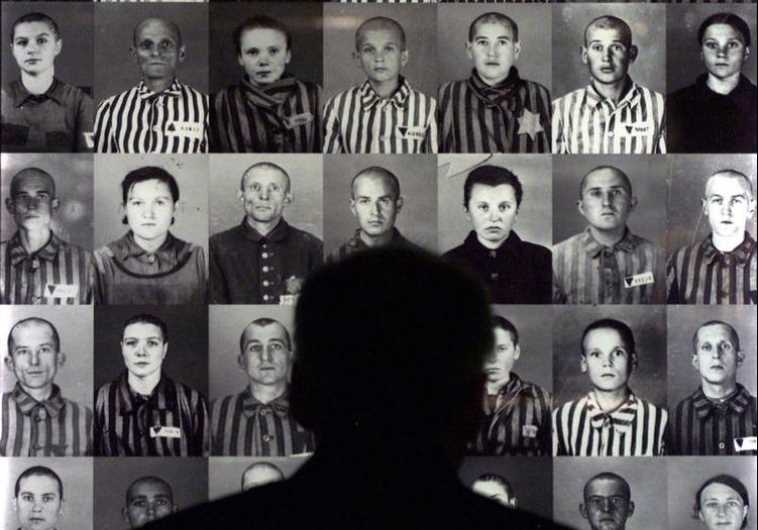Survey exposes American ignorance about Holocaust
Two-thirds of Millennials interviewed, between the ages of 18 and 34, could not identify what Auschwitz is.
 A man looks at photographs of Hungarian Jews held at the Auschwitz Concentration Camp during World War IIUpdated:
A man looks at photographs of Hungarian Jews held at the Auschwitz Concentration Camp during World War IIUpdated: